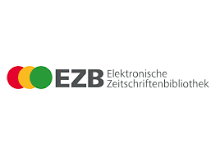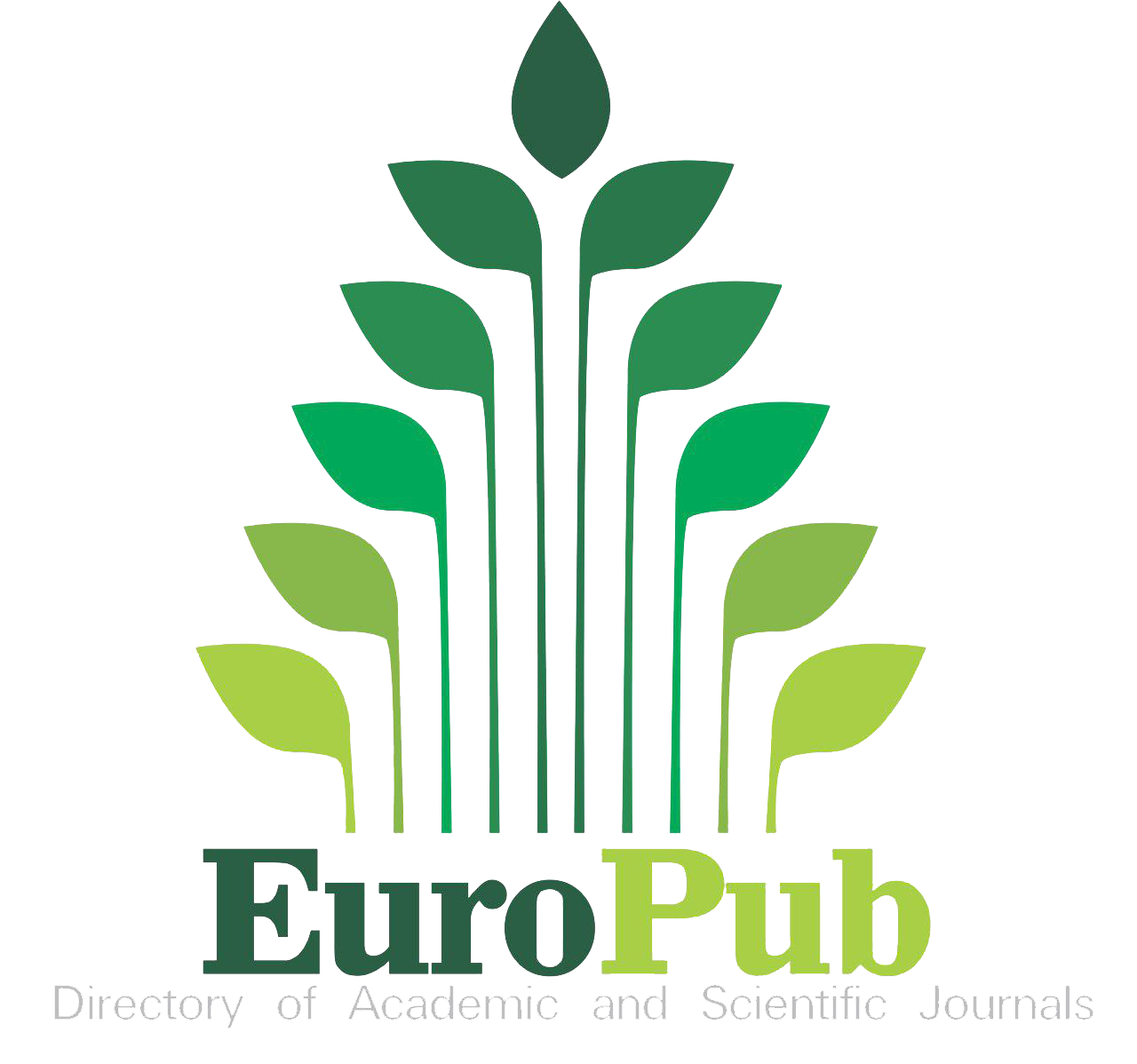Onomasiological nature of neological image of the Kazakh and Turkish vocabulary.
Abstract
The article provides clarification of linguistic and holistic cognitive image of the world, formed through motivation as cognitive refinement of new use in the Kazakh and Turkish languages. In the close connection of cognitive and linguoculturological principles of neology, special attention is paid to the extralinguistic aspect of new nominations, the motivation is revealed and the onomasiological character will be clearly indicated. In the study, new names generated in relation to human activities in the political-social, scientific-technical and cultural spheres have mainly appeared in anthropocentric paradigm. The communicative demands for defining linguistic and cultural-social processes at the stage of modern linguistics is associated with the process of modernization of modern language consumer's cognitive thinking. Relevance of cultural information of modern society is revealed in the denotative sense of the neologisms used in everyday life.


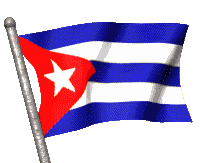









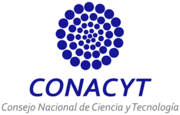
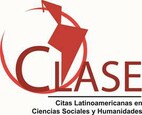















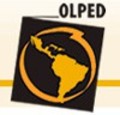



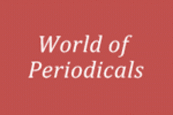

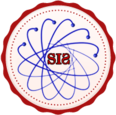
1.png)







1.png)



